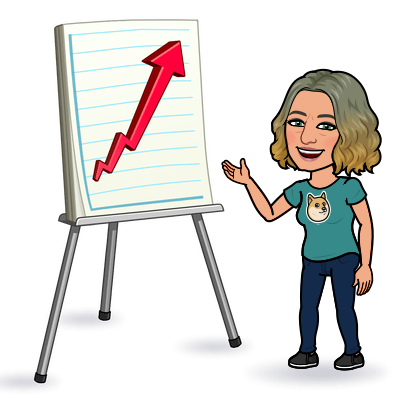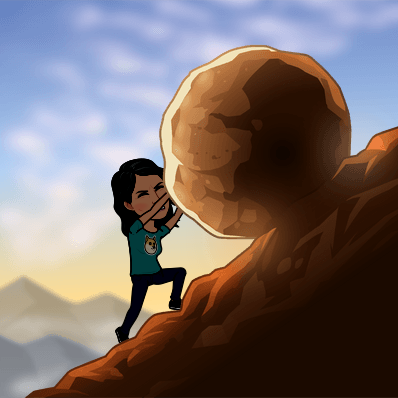- Level: B1, B2, C1
- Discussion questions in the post
- Language focus: personal caracteristics, money, work tasks
- Media: video
Life changes. And more specifically, it gets more expensive. Yet sometimes it can take time for your employer to catch up. So how can you tackle the prickly question of asking for a raise? Barbara Corcoran gives some rather poignant insights on how to orchestrate this discussion. I think it makes for a great ESL discussion. Not to mention a more generalized reflection on gender differences in the workplace.
Adding Value
I often hear the term adding value in corporate settings. It’s often thrown around to mean anything from doing good work to offering innovative thinking. Basically, to be able to show you add value to your job, you need to have a good bank of things you do (actions) and ways that you behave (personal qualities). After watching Corcoran’s video, I invite you and your students to make this list using these vocabulary resources.
Courage
In the end, asking for a raise takes a great amount of courage. What are your risking when you ask? Your job security, your comfort zone, exposing that you are unhappy with your work conditions (which could prompt your employer to find someone else) and being told ‘no’. What are you risking when you don’t ask? Feeling underpaid, undervalued, feeling like you are working just as hard for less in the case of salaries not adjusting to the cost of living. If you feel you are due for a raise, it is the ultimate Catch 22. Damned if you do, and damned if you don’t.
Warm Up
- MindMap the words related to money, raise, and reasons why we need more money?
- Make a pro/cons list of asking for a raise.
- Do you have any good advice or stories about asking for a raise?
The Video: Barbara Corcoran Explains How to Ask for a Raise
- What are the steps you need to take to set up the meeting?
- What are some of the differences between men and women when asking for raises?
- If you are timid (and Corcoran says “woman,” but I think this applies to anyone who is timid) what should you do to overcome this?
- What are Corcoran’s recommendations on how to use an outside offer to initiate a positive discussion about compensation?
- What are her parting ideas about loyalty?
Have a great class!
Mel










